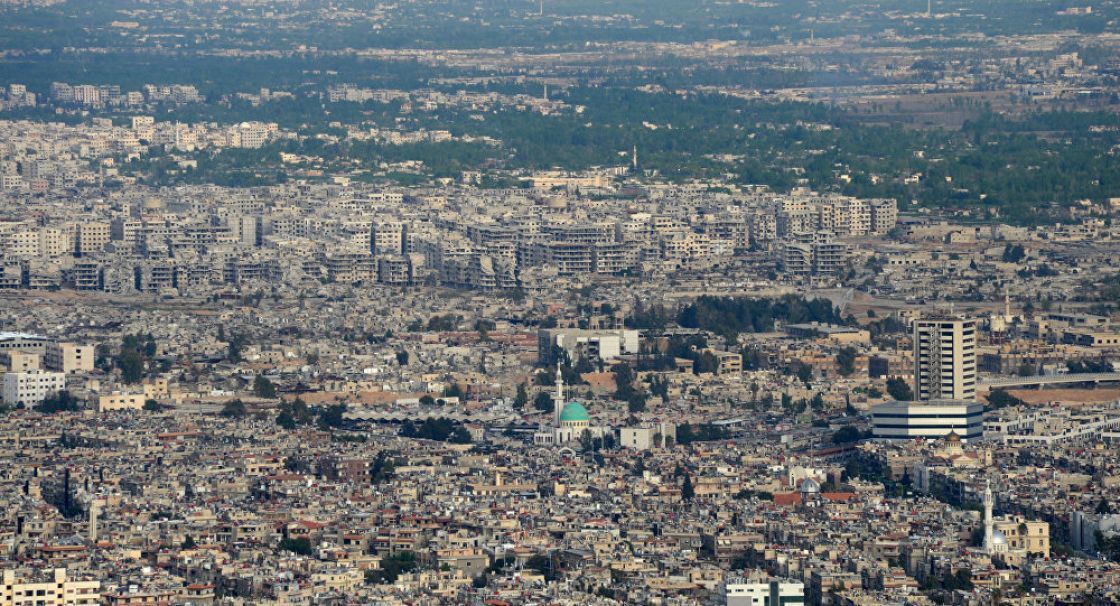- Editorials
- Posted
Why to Move the SCC to Damascus?
After the complete failure of the second round of works of the Small Body of the Syrian Constitutional Committee (SCC), it appeared clearly how vital and necessary is the proposal presented by Moscow Platform since the first inaugural session of the SCC; the proposal that says of the necessity of transferring the work of the SCC to Damascus, in conjunction with the provision of the necessary guarantees under the supervision of the United Nations.
The dueling between the extremists on both sides, and their disruption of convening a joint session over a whole week of work in Geneva, categorically illustrates the miserable attempt to repeat the obstruction play with its successive chapters in Geneva. The disruption of the second round led to the postponement of the third round, which would have supposed to be held in the 16th of this month but was scheduled indefinitely instead, in an open effort to bring the SCC as a whole into a difficult situation, in parallel with the rapid deepening of the Syrian tragedy on the level of the country's economy and living conditions, with the emergence of clear signs of social tensions severely risky, which, if the crisis persists, would open the door to various types of possibilities dangerous to the country, its unity, and its people.
All of this reaffirms that the extremists from the various parties feel comfort with keeping the Syrian Constitutional Committee geographically far from Syria, and they rely on this distance in particular, sometimes in an attempt to separate the SCC from the UNSCR 2254 which will eventually be implemented in Syria and not in Switzerland, and sometimes in an attempt to escape the commitments and entitlements included in this UNSC resolution itself, which requires all extremists to retreat from their previous proposals in order to acknowledge the necessity of agreeing to hand over the Syrian people the reins of their self-determination away from attempts to "make it or break it" from one side against the other, or even from attempts to reach some form of "dividing the cake" among the elites away from the will of the Syrian people.
Moving the Syrian Constitutional Committee to Damascus means activating its role envisioned for it from the first moment in Sochi, as a necessary key to the political solution through the UNSCR 2254. And those who work against its transfer, whether under the pretest of fear despite the guarantees that were demanded to be assured in conjunction with the request for transferring the SCC, or by keeping silence on the issue with an only formal allusion to consent without associating it with any practical act or public statement – they are, by means of these behaviors, working against the implementation of the UNSCR 2254, and against the Astana Trio with all its components states who have interest in extinguishing the Syrian fire, otherwise this fire would continue to be used for warming the cold US bones.
The transfer of the Syrian Constitutional Committee to Damascus is the first step towards integrating the Syrian people, who have a long constitutional historical experience, in determining their fate and their country's fate. The transfer of SCC will also avoid us falling into a major national sin in writing our country's constitution outside it, if it would be even possible at all to agree to write it in Geneva!
Based on all of this, all the Syrian parties are required today to announce their explicit position regarding the transfer of the Syrian Constitutional Committee to Damascus, whether those parties silent about the matter and thus contributing to its disruption, or the parties that present their concerns as excuses against this transfer in order to let those concerns be addressed through guarantees, otherwise, let it be announced to the Syrians that those parties are against transferring of SCC in principle, and that they are comfort and reassured in the places where they are now, and not in a hurry to end the tortures of Syrians!
Kassioun Editorial, Issue No. 943, December 9, 2019


